Communication and Personal Identity – How do we relate: this is our 3rd article on communication. In our previous articles, we talked about how we connect and communicate with nature. We called it, relatedness and connectedness with nature.
Another article we wrote on Relationships with the title “21 Questions of Relation Building”. In said article, we also talked that open and honest communication is important to make a healthy relationship.
How do we relate to ourselves, make relationships, and communicate on social grounds?

Our self-relationship is a complex and dynamic process, that involves developing self-awareness, self-acceptance, self-care, self-compassion, and a commitment to personal growth and development. By cultivating a positive self-relationship, we can improve our overall well-being and create a foundation for healthy and fulfilling relationships with others.
As social beings, we relate to ourselves, make relationships, and communicate on social grounds in a variety of ways. Communication is not just about the words we use but also about the meanings that we create and interpret. The social and cultural contexts in which we communicate influence how we interpret and understand those meanings.
Moreover, communication is not just about transmitting information or ideas but also about creating social connections and relationships. The way we communicate can either create or reinforce social structures and power dynamics. It can promote inclusivity or exclusivity, equality or inequality depending on how it is used and the context in which it occurs.
Communication and Personal Identity
Personal identity refers to the unique characteristics, qualities, beliefs, values, and experiences that define an individual and distinguish them from others. Encompasses various aspects of a person’s life, including their physical, psychological, social, and cultural identity. It is shaped by a range of factors, such as genetics, family, culture, education experiences, and personal choices. It evolves and changes over time as individuals encounter new experiences and challenges.
Personal identity is a complex and multifaceted concept. It helps individuals to understand who they are and how they relate to the world around them.
Communication is closely linked to our personal identity; as the way we communicate reflects our thoughts, feelings, values, and beliefs. It is an essential part of our personal identity. There are some ways in which communication shapes our personal identity.
- Expressing ourselves: The way we communicate allows us to express our unique perspectives and experiences, and to reveal aspects of our personality and identity. Our language, tone of voice, and body gestures reveal our emotions, attitudes, and culture background.
- Building relationships: The way we communicate influences the relationship we build with others. By communicating effectively and authentically, we can build a connection with people who shares our values, and who respect and appreciate us for who we are.
- Negotiating Identities: Communication can also be used to negotiate and navigate different aspects of our identity. For example, we may use language and other forms of communication to assert our gender identity, and cultural identity and to challenge stereotypes and prejudices.
- Developing self-awareness: Effective communication can also help us develop self-awareness and gain insights into our thoughts, feelings, and behaviors. By reflecting on our communication patterns and seeking feedback from others, we can gain a better understanding of ourselves.
We can shape our personal identity and connect with people in meaningful ways
We meet people with our personal identity and build relationships due to several reasons. By communicating effectively, we can shape our personal identity and connect with people in meaningful ways. It requires a set of skills of effective communication in accordance with the relationship nature.
We understand that interpersonal relationships are crucial for our personal and professional life. We have talked about the type of relationships and standard norms in our one of posts titled “21 Questions of Relation Building”. Here we intend to discuss the professional relationship. A professional relationship is governed by norms of communication, respect, trust, collaboration, and accountability. These norms help maintain a productive and positive work environment and are essential for building strong and effective professional relationships.
Overall, our personal identity can help us build stronger professional relationships by increasing our self-awareness, trust, empathy, and cultural competence. When we dedicate our whole selves to working and building a team, we are more likely to connect with others and build more productive professional relationships. It takes effort and requires ongoing contributions from all parties involved. It is a two-way street, and it’s important to focus on the other person and their needs. We also need to take responsibility for our own role. By focusing on professional norms, we can build positive professional relationships.
Intrapersonal and interpersonal relationships
Intrapersonal and interpersonal relationships are both important in our personal and professional lives. A healthy intrapersonal relationship helps us understand ourselves better, while a positive impersonal relationship helps us build strong connections with others. By prioritizing both types of relationships, we can lead a fulfilling and successful life.
People are important in our lives because they help us, feel connected, supported, and valued. They can provide emotional support, help us learn and grow, and lead to collaboration, innovation, and community building. By nurturing our relationship with others, we can lead a fulfilling and meaningful life.
Concluded.
Disclaimer: The majority of the pictures on our platform are sourced from Google images and Pexels, and may not indicate copyright ownership. We will promptly remove the picture with sincere apologies, if any copyright claims.








2 Comments
Azra sultana
April 27, 2023 at 9:25 amShabana dear you are doing very well keep it up I pray for your success 🙌
Shabana Sultan
April 27, 2023 at 11:27 amThank you.